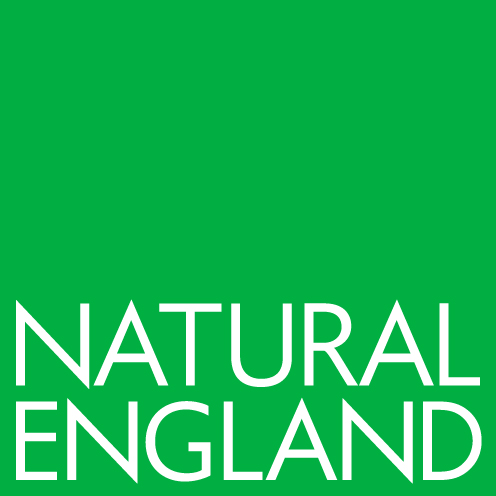The objectives of ReBLS are:
- To determine whether environmental attitudes, behaviours, health, and wellbeing are changing, particularly for people with high exposure to natural spaces and biodiversity renewal
- To better understand people’s personalised ecologies, perceptions of local biodiversity, and pro-biodiversity behaviours
The RENEW team have worked closely with Natural England to co-develop a new longitudinal survey, launched in 2023, and designed to be asked to the same set of people every year until at least 2026. Previous surveys on this topic have tended to be cross-sectional, meaning they collect data at a single point in time, so do not allow us to track the impacts of environmental change for individuals over time.
The new ReBLS survey co-funded by Natural England, will allow us to investigate how biodiversity renewal affects environmental attitudes, behaviours, health, and wellbeing over time. We will link the survey data to spatial data on green and natural spaces, local biodiversity change and renewal activities to explore their impact on the participants. We aim to understand the impacts of the type of renewal activity and the degree of exposure – for example, this could result from how often people visit nature, how close they live to biodiversity renewal activities, or their subjective experience of nature renewal activities. With our longitudinal design, we’ll be able to explore how this varies over time, between individuals, as well as around the country.
The ReBLS survey will be the UK’s largest longitudinal study to examine how biodiversity renewal activities are experienced, the impacts they have, and how these vary between individuals at scale. The survey is a key component of RENEW’s work on how individuals engage with biodiversity renewal.
KEY PEOPLE
- Dr Lewis Elliot – University of Exeter
- Dr Rebecca Lovell – University of Exeter
- Dr Jo Garrett – University of Exeter
- Dr Ben Phillips – University of Exeter
- Professor Kevin Gaston – University of Exeter
- Dr Fraenze Kibowski – Natural England
- Dr Ruth Lamont – Natural England
PARTNERS


